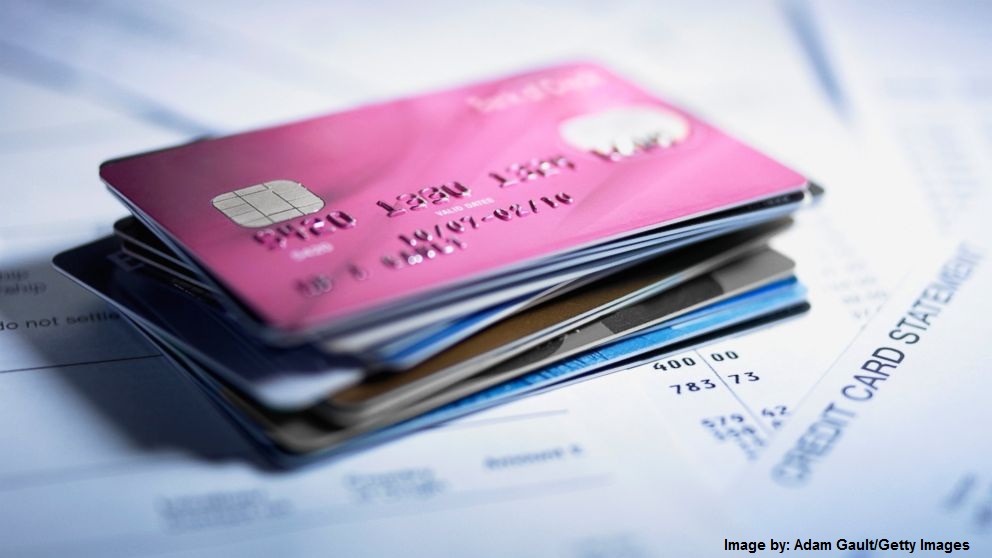The increasing sophistication of financial scams has become a significant concern on a global scale, particularly in the UK, where card-related fraud presents a major challenge for both individuals and financial institutions.
With cybercriminals constantly evolving their tactics, the need for robust and proactive measures to protect consumers has never been more critical. This post delves into the multifaceted approaches the UK has adopted to combat these fraudulent activities.
These include technological innovations, regulatory frameworks, and collaborative efforts between the government, financial institutions, and law enforcement agencies. By implementing these strategies, the UK aims to ensure the safety and security of its citizens’ financial data and transactions, offering greater peace of mind in an increasingly digital world.
Page Contents
ToggleStrategies implemented to combat fraudulent activities

The UK has been at the forefront of implementing stringent measures to curb card-related fraud. These strategies aim to enhance the security of financial transactions and protect consumers from scams. The country’s multi-pronged approach includes the introduction of advanced technologies, stringent regulatory frameworks, and active public awareness campaigns.
Advanced technologies such as chip and PIN systems, contactless payments, and biometric authentication have been pivotal. These innovations make it more challenging for fraudsters to replicate or misuse card information. Additionally, banks and financial institutions are constantly upgrading their systems to include the latest security features.
Stringent regulatory frameworks also play a crucial role. The UK government, in collaboration with financial regulatory bodies, has mandated several guidelines and compliance measures for banks and payment processors. These regulations ensure that institutions adhere to best practices in data protection and fraud prevention.
Introduction of advanced technologies
The adoption of cutting-edge technologies has significantly enhanced the security of card transactions. Chip and PIN technology, for example, has drastically reduced the incidence of card-present fraud. Unlike magnetic stripe cards, chip cards are much harder to clone, providing an added layer of security. Contactless payments, facilitated by Near Field Communication (NFC) technology, have also contributed to reducing fraud. These transactions are encrypted, providing a secure means for consumers to make purchases.
The convenience and speed of contactless payments have led to widespread adoption, further curbing fraudulent activities. Biometric authentication, using fingerprints or facial recognition, offers another robust method to secure transactions. By requiring a unique biological identifier, it becomes exceedingly difficult for fraudsters to gain unauthorized access to someone’s account, thereby protecting sensitive financial information.
Public awareness campaigns
Educating the public about the dangers of card-related fraud and providing them with the tools to protect themselves is another critical aspect of the UK’s strategy. The government and financial institutions frequently run campaigns to inform citizens about the latest scams and how to avoid them. These campaigns use various media, including social networks, television, and print advertisements, reinforcing the messages to a broad audience.
They emphasize the importance of safeguarding personal information, recognizing phishing attempts, and reporting suspicious activity immediately. By raising awareness, these campaigns empower consumers to be more vigilant and proactive in protecting their financial data. This collective effort helps in creating a more secure financial environment in the UK.
Regulatory measures and compliance
The UK government has established a comprehensive framework of regulations to combat card fraud. These measures ensure that all entities involved in card transactions adhere to high security standards and are held accountable for any lapses.
One of the key regulations is the Payment Services Directive 2 (PSD2). This directive aims to enhance consumer protection, promote the development and use of innovative online and mobile payments, and makes payments safer.
PSD2 requires strong customer authentication (SCA) for electronic payments, which adds multiple layers of security to verify the identity of users. Furthermore, the Financial Conduct Authority (FCA) plays a significant role in monitoring compliance and enforcing regulations. The FCA works closely with financial institutions to ensure that they implement robust security measures and promptly address any vulnerabilities in their systems.
Strengthening financial institutions’ security posture
Banks and other financial entities are perpetually enhancing their security infrastructures to stay ahead of fraudsters. This includes regular audits, employing advanced encryption techniques, and utilizing artificial intelligence to detect unusual patterns indicative of fraud. Regular audits help institutions identify potential security weaknesses and rectify them before they can be exploited.
Advanced encryption ensures that data transmitted during transactions cannot be easily intercepted or tampered with by malicious actors. The use of artificial intelligence and machine learning has revolutionized fraud detection. AI systems can analyze vast amounts of data in real-time, identifying anomalies that suggest fraudulent activity. This allows for quicker detection and response, minimizing potential damage.
Collaboration between stakeholders
Fighting card fraud requires collaboration between various stakeholders, including government agencies, financial institutions, law enforcement, and consumers. The UK promotes a collaborative approach, recognizing that no single entity can address the issue alone. Government agencies provide the regulatory framework and oversight necessary to maintain high security standards.
Financial institutions implement these regulations and continuously innovate to protect their customers’ information. Law enforcement agencies investigate and prosecute fraudsters, while consumers play a role by protecting their personal information and reporting suspicious activities. This collective effort fosters a safer financial ecosystem.




